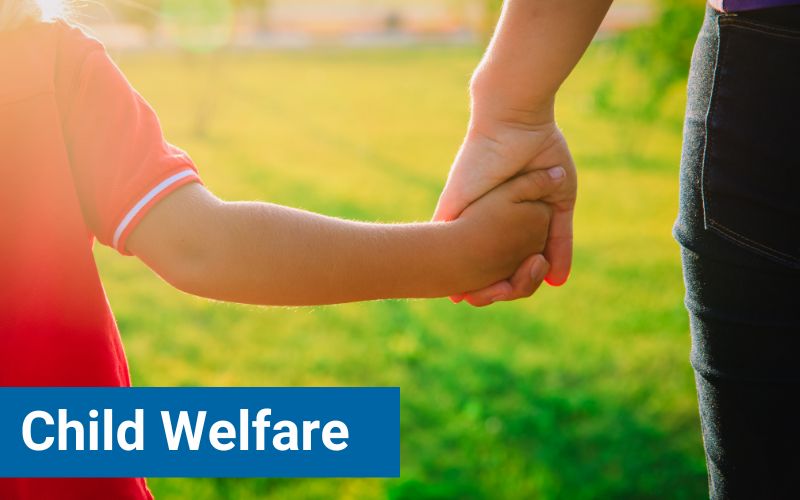Schuyler Center and partners are prioritizing initiatives that support young people who are currently in or exiting foster care or have experience with the child welfare system in their past. The teen and young adult years are difficult for any young person, and the disruption of being involved in the child welfare system exacerbates those difficulties. Young people are making the least money, still in high school or college, and face mental health challenges navigating this chaotic time in their lives. Many young adults may not have the option of returning to a safe, stable home as they create an independent life. For young people in or leaving foster care, it is the state’s responsibility to support them and help ensure they succeed as they transition to independent life.
Access to Mental Health Services
When young people are still placed in foster care (institutional placements or foster/kin families), access to mental health services is crucial because family separation is at best disruptive and at worst traumatic. Mental health services provide essential tools to cope with change and loss, as well as help with navigating difficult experiences and memories. Demand for New York’s mental health services has risen as the state’s capacity to provide these services has shrunk. We can begin to change this by investing $195 million into mental health services, specifically by restructuring and raising rates. More information on this proposal can be found here.
Housing Supports
One of the main aspects of independent adult life is housing. New York currently provides a child welfare housing subsidy to young people up to age 21 and families in Preventive Services. This subsidy provides $725 a month to eligible young people and families, and allows for roommates. However, there is more work to be done to ensure this housing subsidy can stabilize housing for families and young people:
- Add an automatic cost-of-living-adjustment (COLA) to the housing subsidy so that it will increase every year with housing prices; and
- Extend the age limit from 21 to 24 to ensure that young people who have to leave foster care at 21 have access to the housing subsidy when they need it most.
For more information on the housing subsidy, see our one-pager.
College Success
Getting a college education helps young people break intergenerational cycles of poverty and achieve the life they want for themselves. The Foster Youth College Success Initiative (FYSCI) helps young people who have experienced the child welfare system in their college career, through financial support (i.e. tuition, personal expenses, room and board, transportation, and book) and other services, including academic planning, tutoring, and connection to other student success services available in the school. We can help ensure young people graduate college by funding FYSCI at $10 million this year. More information on FYSCI can be found here.


Recent Comments